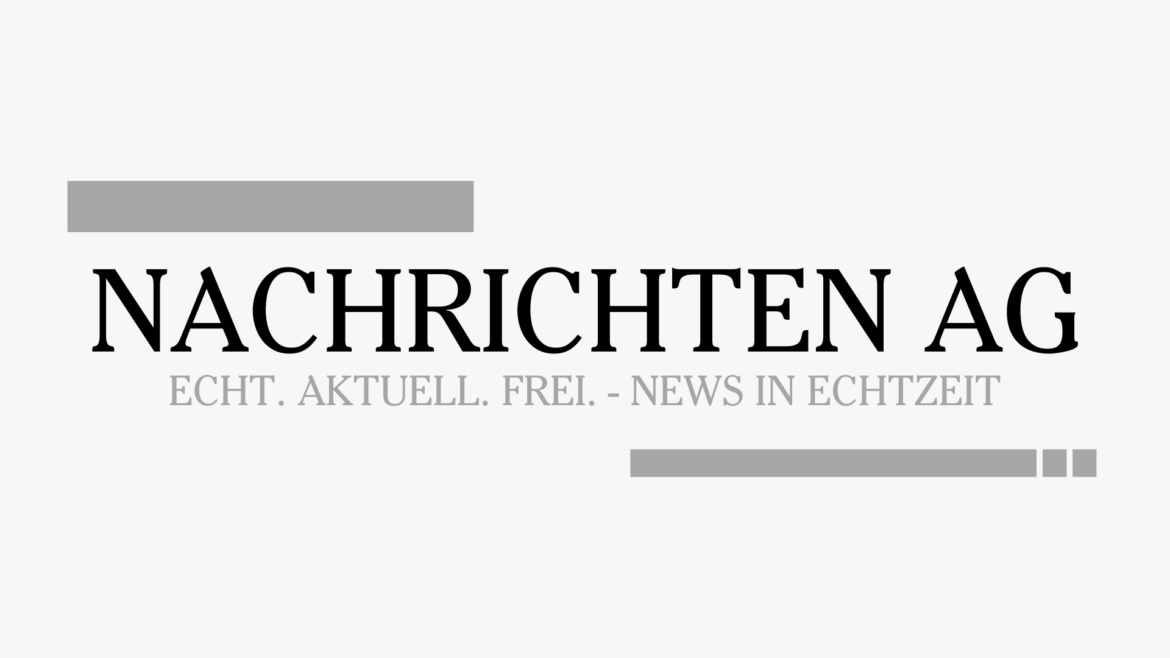
Fluorochemicals, also known as PFAS (Per- and polyfluorinated chemicals), are a group of chemical compounds containing stable carbon-fluorine bonds. More than 10,000 substances fall into this category. These chemicals are suspected of being carcinogenic, disrupting thyroid and hormone functions, reducing the efficacy of vaccines, causing liver damage, fertility issues, and other health risks. PFAS contaminants spread through water and fat in the environment, leading to pollution even in remote areas like the Antarctic and mountain regions.
In a study conducted in 2021, it was observed that fluorine chemicals were released from paper straws. Toxic substances like PFAS were found in other renewable resources like sugarcane and wheat, sometimes without being used in their production. This unintentional contamination occurs through detached coatings, predominantly affecting items marketed as „compostable“ disposable tableware. The recycling process of items like paper, organic waste, and compost further spreads the risk into the environment.
PFAS are not required to be labeled in products. They are commonly found in non-stick coatings or water and oil repellent products. One way to detect their presence is through a drop of cooking oil on a surface – if the oil forms a droplet on the surface and does not absorb, it may indicate the presence of traces of PFAS.
Calls for a ban on the entire group of substances instead of individual fluorine compounds have been made. Despite resistance from German industry associations, advocates like the Consumer Protection Agency and the Federal Nature Conservation Germany (BUND) push for a universal PFAS restriction by 2030. The reluctance is based on the lack of equally effective substitutes for these chemicals. In the meantime, the Consumer Protection Agency recommends using glass or metal straws and personal containers for snacks until a consensus is reached.


